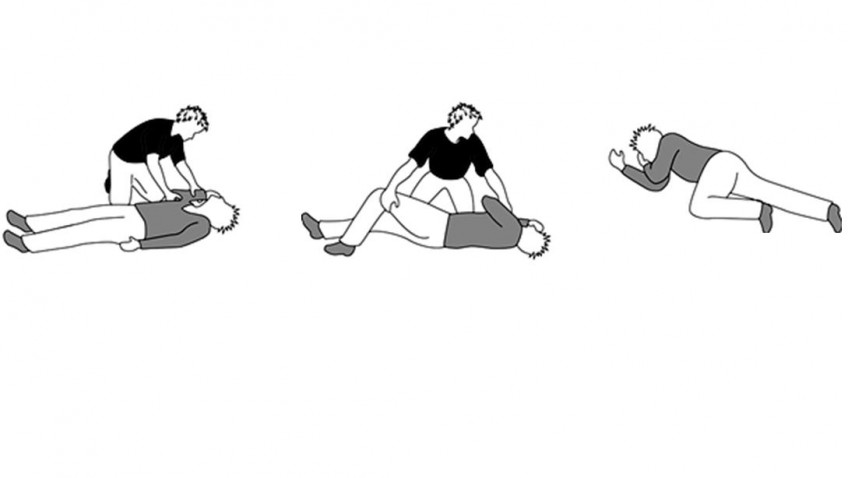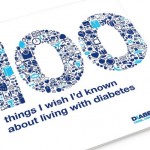In the UK, there are over 600,000 people with epilepsy.
Having epilepsy always means that you have a tendency to have epileptic seizures. It is not necessarily a life-long diagnosis. And doctors may consider that you no longer have epilepsy if you go without seizures for a long enough time.
Electrical activity is happening in our brain all the time. A seizure happens when there is a sudden burst of intense electrical activity in the brain. This is often referred to as epileptic activity.
The epileptic activity causes a temporary disruption to the way the brain normally works, so the brain’s messages become mixed up. The brain is responsible for all the functions of your body.
What happens to you during a seizure will depend on where in your brain the epileptic activity begins, and how widely and quickly it spreads.
For this reason, there are many different types of seizure, and each person will experience epilepsy in a way that is unique to them.
There are many types of epilepsy. Some types start when you are very young, and some in later life. Some types last for a short time and other types can last for the whole of your life.
Sometimes the reason epilepsy develops is clear. It could be because of brain damage caused by a difficult birth, a severe blow to the head, a stroke, or an infection of the brain such as meningitis. Very occasionally the cause is a brain tumour.
In around six out of 10 people, doctors don’t know the cause of their epilepsy. For many of these people, it is just part of how they are made that makes them more likely to have a seizure.
Epilepsy is usually treated with epilepsy medicines. You may also hear these referred to as anti-epileptic drugs (AEDs). Epilepsy medicines act on the brain, trying to reduce seizures or stop seizures from happening.
Most people with epilepsy find that when they have the right medicine, they have fewer or no seizures. In the UK 70 per cent (seven out of ten) of people with epilepsy could be seizure free with the right treatment.
What to do when someone has a seizure
The person goes stiff, loses consciousness and then falls to the ground. This is followed by jerking movements. A blue tinge around the mouth is likely. This is due to irregular breathing. Loss of bladder and/or bowel control may happen. After a minute or two the jerking movements should stop and consciousness may slowly return.
Do…
- Protect the person from injury – (remove harmful objects from nearby)
- Cushion their head
- Look for an epilepsy identity card or identity jewellery
- Aid breathing by gently placing them in the recovery position once the seizure has finished (see pictures)
- Stay with the person until recovery is complete
- Be calmly reassuring
Don’t…
- Restrain the person’s movements
- Put anything in the person’s mouth
- Try to move them unless they are in danger
- Give them anything to eat or drink until they are fully recovered
- Attempt to bring them round
Call for an ambulance if…
- You know it is the person’s first seizure, or
- The seizure continues for more than five minutes, or
- One seizure follows another without the person regaining consciousness between seizures, or
- The person is injured during the seizure, or
- You believe the person needs urgent medical attention
Partial seizures
Sometimes the person may not be aware of their surroundings or what they are doing. They may pluck at their clothes, smack their lips, swallow repeatedly, and wander around.
Do…
- Guide the person from danger
- Stay with the person until recovery is complete
- Be calmly reassuring
- Explain anything that they may have missed
Don’t…
- Restrain the person
- Act in a way that could frighten them, such as making abrupt movements or shouting at them
- Assume the person is aware of what is happening, or what has happened
- Give the person anything to eat or drink until they are fully recovered
- Attempt to bring them round
For more information contact www.epilepsy.org.uk





